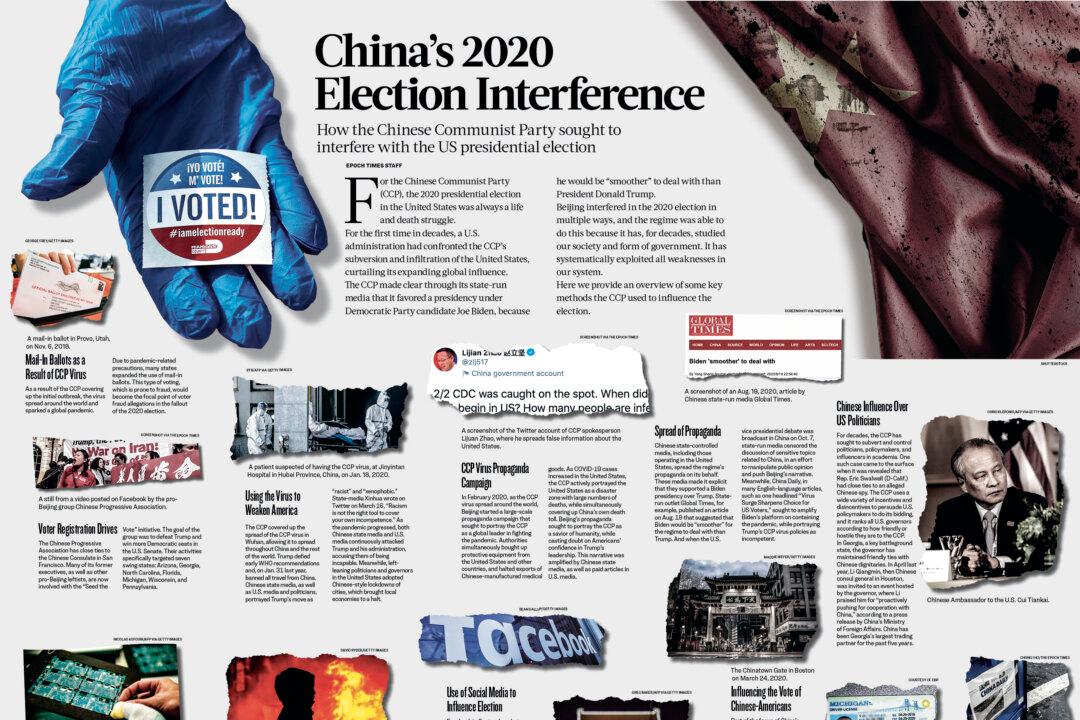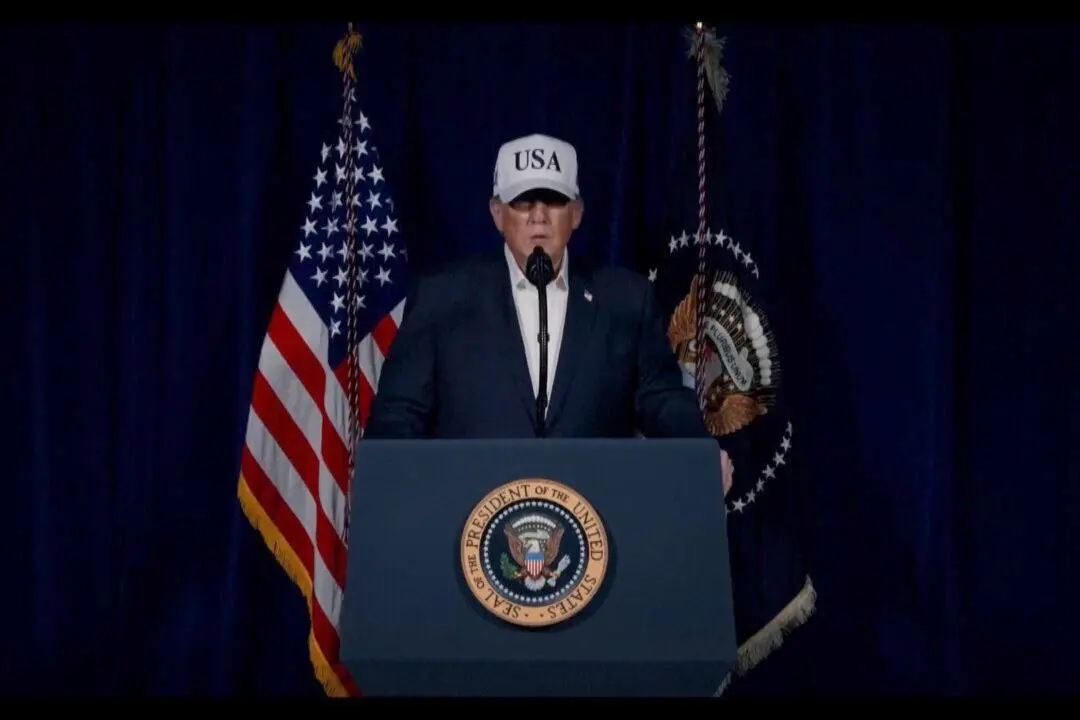For the Chinese Communist Party (CCP), the 2020 presidential election in the United States was always a life and death struggle.
For the first time in decades, a U.S. administration had confronted the CCP’s subversion and infiltration of the United States, curtailing its expanding global influence.





